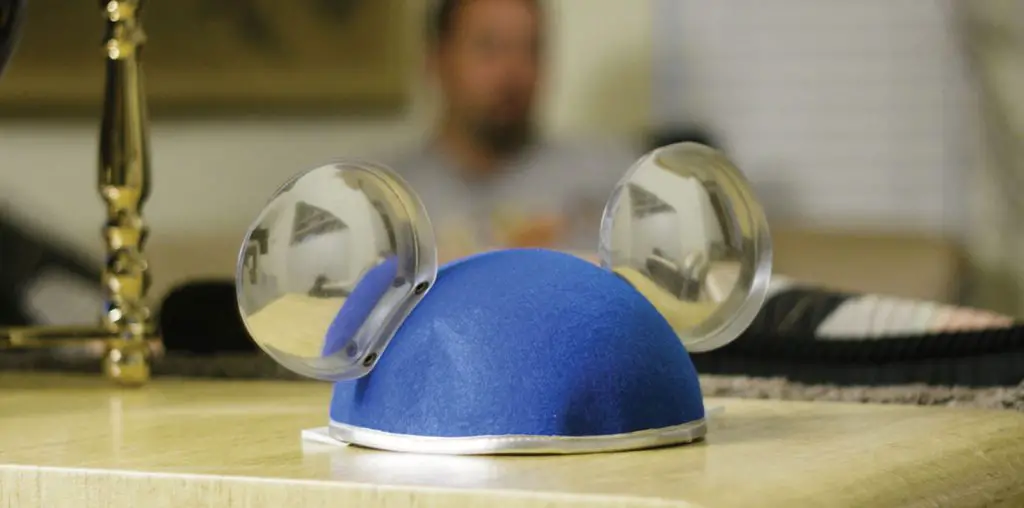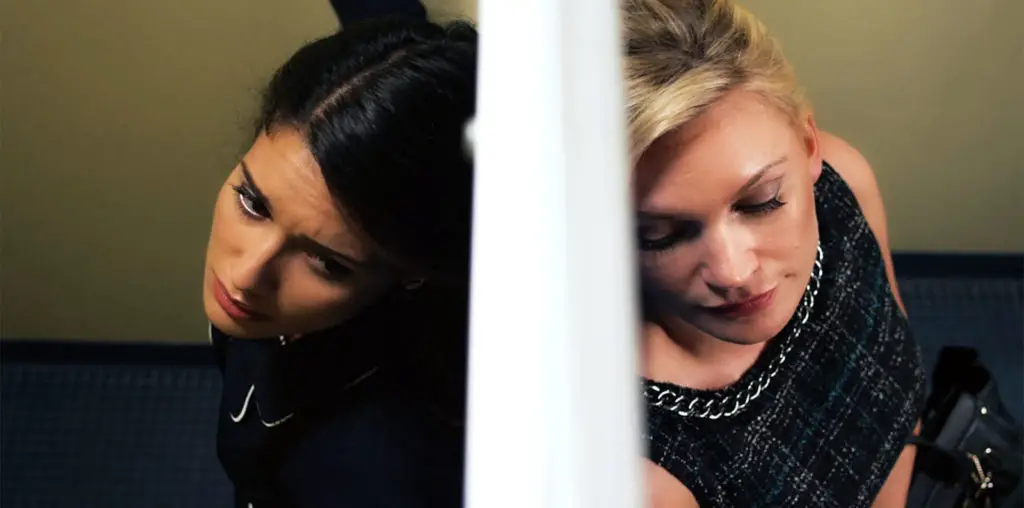
Alessandra Stanley noted recently in the New York Times that teen-targeted TV shows often bear little resemblance to reality. They portray teenagers not as they are, but as they would like to be; teens in these shows are licentious and conniving. While “Mean Girls” is a far cry from soap-operatic fare like “The O.C.” its characters do engage in their fair share of backstabbing.
Their tactics are far-fetched, and their dialogue is too snappy to be termed realistic, letting fly comebacks and catchphrases like nobody’s business. (If you want to hear how teenagers actually talk to one another, see “Elephant.”) In this respect, the script from SNL head writer Tina Fey is too smart for its own good. Still, it is precisely this intelligence, and Fey’s refusal to talk down to her audience, that elevates “Mean Girls” above most other teen movies out there.
The titular mean girls, Gretchen, Karen, and queen bee Regina, are known by their high school peers as the Plastics, an ultra-elite clique whose common qualities seem to be fashion sense and scorn for those without it. Cady (pronounced Katie), played by Lindsay Lohan, is a worldly teen who grew up with her anthropologist parents in the African savanna. When the Plastics recruit her into their ranks, Cady learns that navigating “girl world” might not be so different from the cutthroat wilds of the jungle.
Fey’s script, witty to the point of overwhelming its humor, is light years ahead of its competition. After the obligatory party-run-amok scene, Cady’s mom discovers that a ritual tribal vase has been misplaced. She asks if the priceless artifact means anything to the teenage girl, to which Cady replies it doesn’t. “Who are you?” her mom asks, truly dumbfounded.
If Lohan, who held her own opposite one of the best comedic performances of last year (that would be Jamie Lee Curtis in “Freaky Friday”), continues picking projects like these, she will easily assure her place as one of the best teen actors out there today.
As the school’s principal, Mr. Duvall, Tim Meadows brings alive a character that could easily have been a cardboard cutout. Duvall has a personality beyond, and sometimes in conflict with, his job. At the school talent show, he loosens up, coaxing the assembled parents and students, “Let me hear you make some noise!” After a few seconds of applause, Duvall seems to get nervous, his position as principal resuming control. “All right, settle down,” he tells them.
Later, when the whispered secrets and vicious rumors of the school’s girls are made public, a tremendous catfight ensues, enveloping the school in chaos. A teacher runs into Duvall’s office, exclaiming, “The girls have gone wild!” Duvall springs into action, tearing off his tie and blazer, grabbing a baseball bat, and marching to the hallway to take care of business.
When Cady’s math teacher, Ms. Norbury (Fey, in an inspired bit of casting), rounds up the misbehaving girls for group counseling, the movie itself begins to feel like a therapy session. It makes its message all too clear; that teenage girls share the same insecurities and should stop picking on each other. If only Fey had found a way to get the message across without being so obvious.
Still, the makers of other teen movies should take a lesson from Fey. She’s one of the only writers out there with the ability to make a fart gag an integral plot point. Unfortunately, Fey has also made a number of other concessions to the genre. Cheap jokes at the expense of one-dimensional supporting characters (Cady tells Karen, “You’re not stupid.” Karen replies, “No, really. I am.”) undermine some of what her otherwise sharp and insightful script accomplishes. Nevertheless, “Mean Girls” is a step in the right direction.

